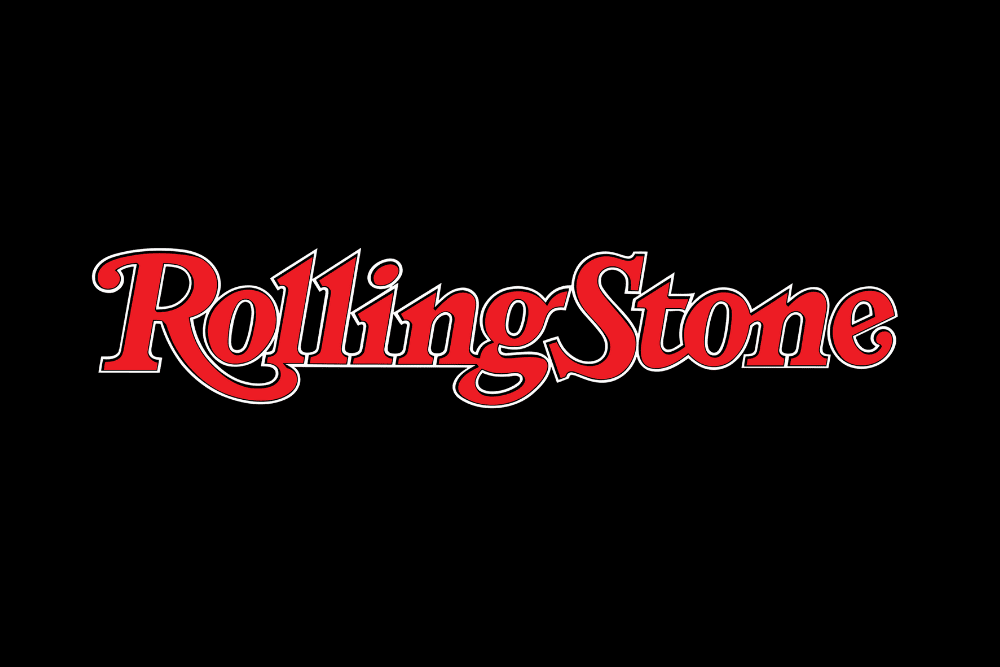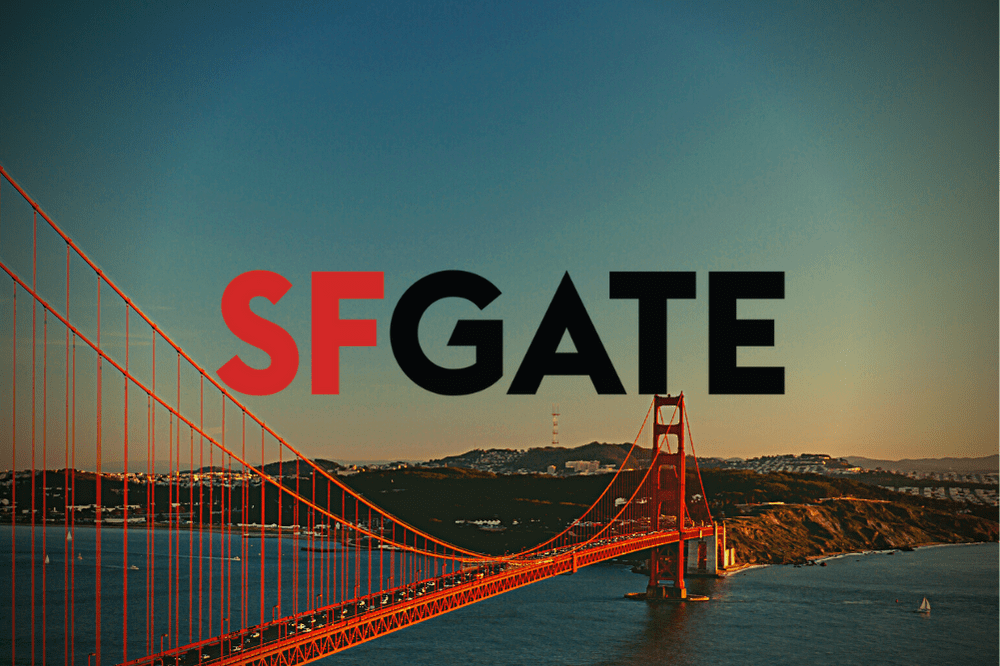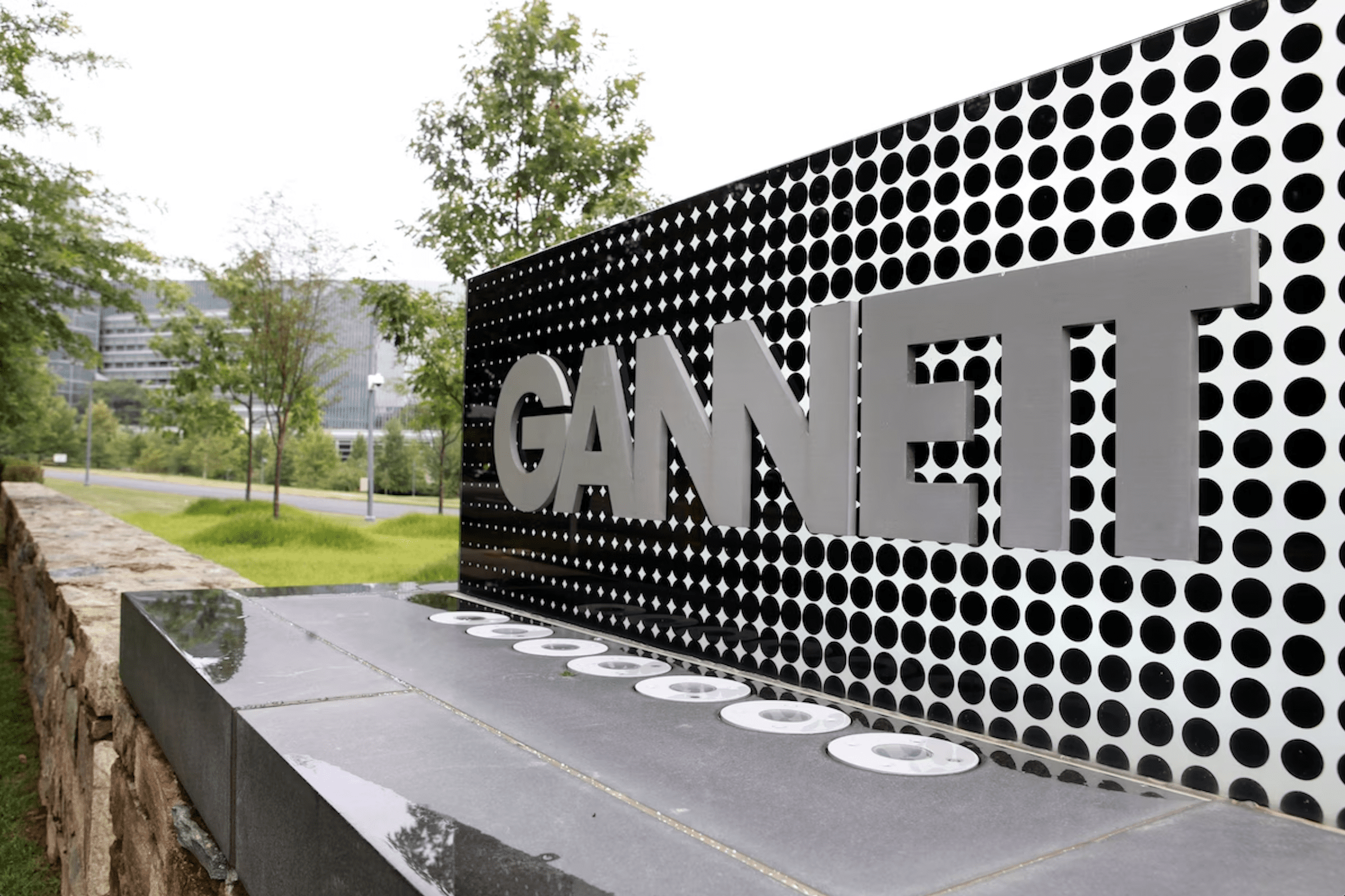In a Tuesday statement, Google ads vice president Dan Taylor strongly denied the claims made against the company.
“Publishers have many options to choose from when it comes to using advertising technology to monetize,” he said, adding that Gannett uses dozens of competing ad services. He argued that Google’s ad services allow publishers to keep most of the revenue.
Google’s competitors and critics have long accused it of using its position in the advertising world to favor its own products over those of others. The advertising ecosystem is dizzyingly complex, encompassing hundreds of companies offering a range of services, such as helping to design ads and tracking whether anyone clicked on them.
But over two decades, Google steadily expanded its footprint in the ad business by buying up other companies — to the point where, unlike its competitors, it operates products at nearly every step of the ad process, selling tools to both advertisers and publishers and also serving as a middleman between the two. Today, it controls several of the world’s most important advertising platforms, including YouTube and Google Search.
In 2020, a group of state attorneys general sued the company for using unfair practices in the space. Earlier this year, the Justice Department followed with its own lawsuit. And last week, the European Union unveiled a complaint of its own that seeks to get Google to sell off parts of its advertising tech empire.
Two years ago, Australia led a push to get Google and Facebook — another formidable player in the online ad market — to pay media organizations for all the links that get shared. In response, Facebook blocked all news sharing in Australia, and Google threatened to pull its search engine from the country. (Google later signed deals with major publishers there that helped it avoid the strictest parts of the law.)
HD Media, which owns several weekly papers in West Virginia, also filed suit against Facebook and Google two years ago — and called upon other news publishers to join what managing partner Doug Reynolds called a fight for “the future of the press but also the preservation of our democracy.”
Los Angeles antitrust attorney Camron Dowlatshahi said the actions suggest that companies are frustrated with their failure to thrive in the digital era. “These companies rely on [Google] for their survival,” he said. “And maybe they’re evaluating at this point that they’re not able to survive.”
Omar Ochoa, an antitrust and class-action attorney, said the most recent lawsuit from Gannett could “significantly boost the prospects” of the lawsuits from the states and the Justice Department.
Earlier this year, the New York Times went a different way, signing a deal with Google worth around $100 million over three years that allows Times content to appear on multiple platforms owned by Alphabet, according to the Wall Street Journal.
The Gannett suit comes as the chain is facing an array of financial challenges, for which many employees have blamed Reed, the CEO. The company has shuttered or sold multiple newspapers since its merger with the GateHouse chain in 2019, which executives had touted for its cost-savings potential.
In August, the company announced a $53.7 million loss on $748.7 million in revenue amid inflation and rising print costs. Dozens of employees were laid off, including some who had been the last ones working in their newsrooms.
This month, shortly after Reed touted the cuts and other “cost management initiatives” that had saved the company millions, hundreds of staffers across 24 Gannett newspapers walked off their jobs and decided not to report to work, forfeiting their pay and assignments. Their strike aimed to put a spotlight on budget cuts and increase pressure on shareholders to vote no confidence in Reed.












